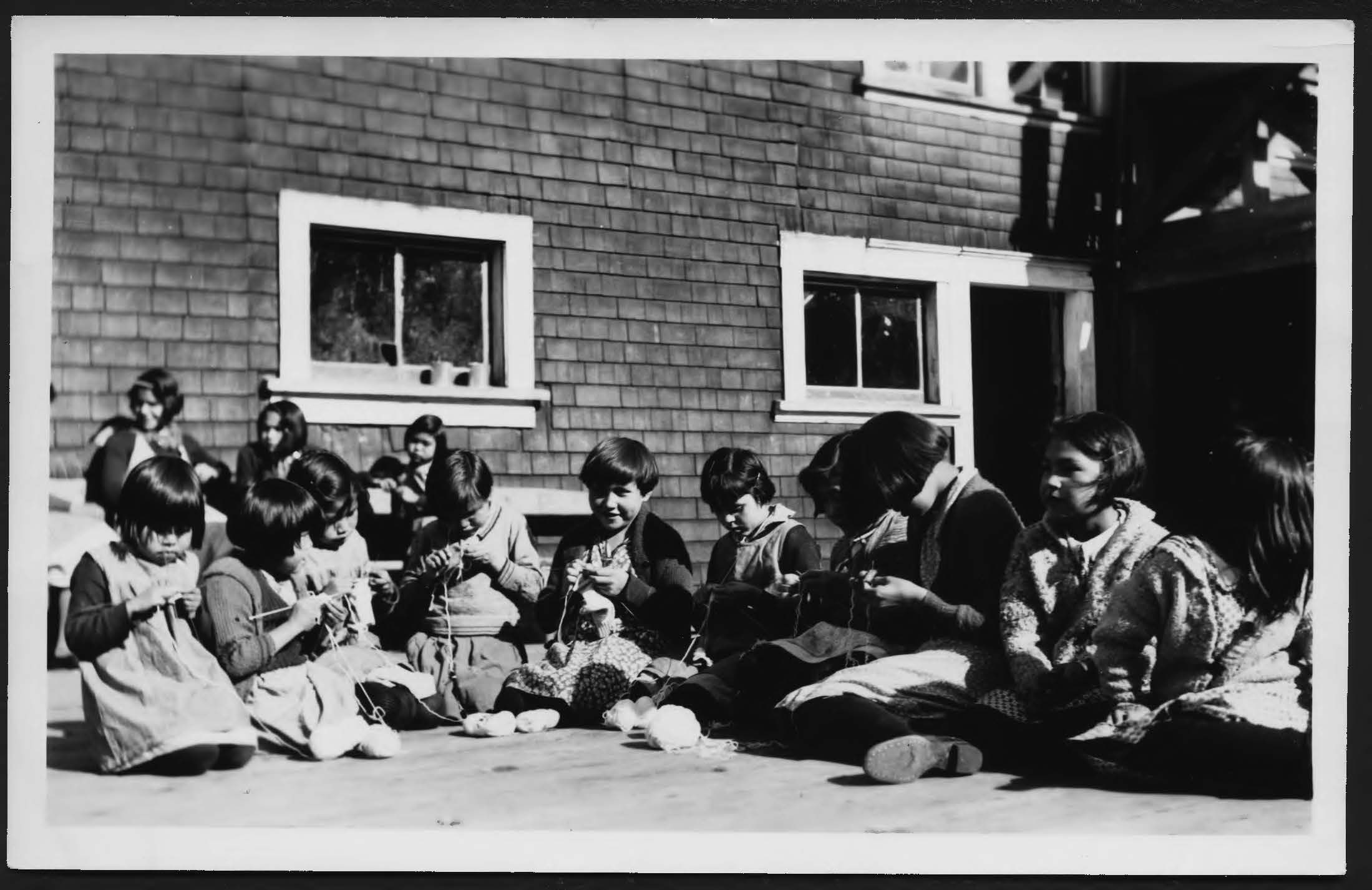Canada shares Residential School documents with National Centre for Truth and Reconciliation

Residential Schools forcibly removed Indigenous children—First Nations, Inuit and Métis—from their communities and denied them their families, languages and culture while also exposing them to widespread abuse. They are part of a shameful and racist colonial policy, the effects of which are still felt today. Canada has a moral obligation to Survivors to pursue the truth. This includes providing support to Survivors, as well as to those suffering from intergenerational trauma, in their search for answers and healing.
As committed to on December 10, 2021, Crown-Indigenous Relations and Northern Affairs Canada and the National Centre for Truth and Reconciliation have signed a Memorandum of Agreement (MOA) that outlines how and when Canada will share historical documents related to Residential Schools. This co-developed approach will ensure an efficient and secure transmission of documents while protecting and respecting the privacy of Survivors. The timing will be set by the National Centre for Truth and Reconciliation and will begin with school narratives.
Canada recognizes the importance of preserving and sharing documentation that will help the National Centre for Truth and Reconciliation honour and remember the children who attended Residential Schools, while respecting Survivors’ wishes, legislation, court orders, settlement agreements and ongoing litigation processes. The Memorandum also outlines next steps, which includes the transmission of documents converted to a more readable format (TIFF), replacement files of corrupted documents, and additional documents obtained from litigation surrounding Indian Residential Schools and not previously shared. This also highlights the new collaboration between the NCTR and Canada, and is a step towards a renewed relationship with Indigenous Peoples, accountability, and a stronger understanding of the legacy of Residential Schools.
“We will continue to support the National Centre for Truth and Reconciliation as they move forward with the critical work of preserving the historical records of Residential Schools and their impact on Indigenous Peoples for future generations. We are committed to rebuilding trust and strengthening our relationships with Indigenous Peoples by taking steps like these to support Survivors, their families and communities in their efforts to heal, as well as achieve closure and accountability.”
The Honourable Marc Miller
Minister of Crown–Indigenous Relations
“Today’s agreement is another step along the path set out for us by the Truth and Reconciliation Commission six years ago. Through these records, we hope to uncover more truth on behalf of Survivors, their families, and their communities.”
Stephanie Scott
Executive Director, National Centre for Truth and Reconciliation
“We need to have access and the freedom to review and do research through the records for the truth. This truth is important for all of Canada to know, understand, and learn from. It will only be through this path that we can move forward in a good way together in Reconciliation.”
Garnet Angeconeb
Survivor Circle Member, National Centre for Truth and Reconciliation
Quick facts
- On December 10, 2021, Minister Miller issued a statement committing to a new approach for federal document disclosure related to Residential Schools.
- The transmission of documents will occur in an order and schedule that works for the National Centre for Truth and Reconciliation (NCTR) and includes additional documents to those previously provided to the NCTR by the Truth and Reconciliation Commission (TRC). In 2015, Crown-Indigenous Relations and Northern Affairs Canada and other government departments provided over 4 million documents to the TRC to support their work.
- In 2016, Crown-Indigenous Relations and Northern Affairs Canada allocated to the NCTR $10 million in response to Call to Action 78 that recommended funding to assist the NCTR in establishing a national archive of information related to Residential Schools. In 2018, $500,000 was provided to the NCTR to assist their development of a national student death register.
